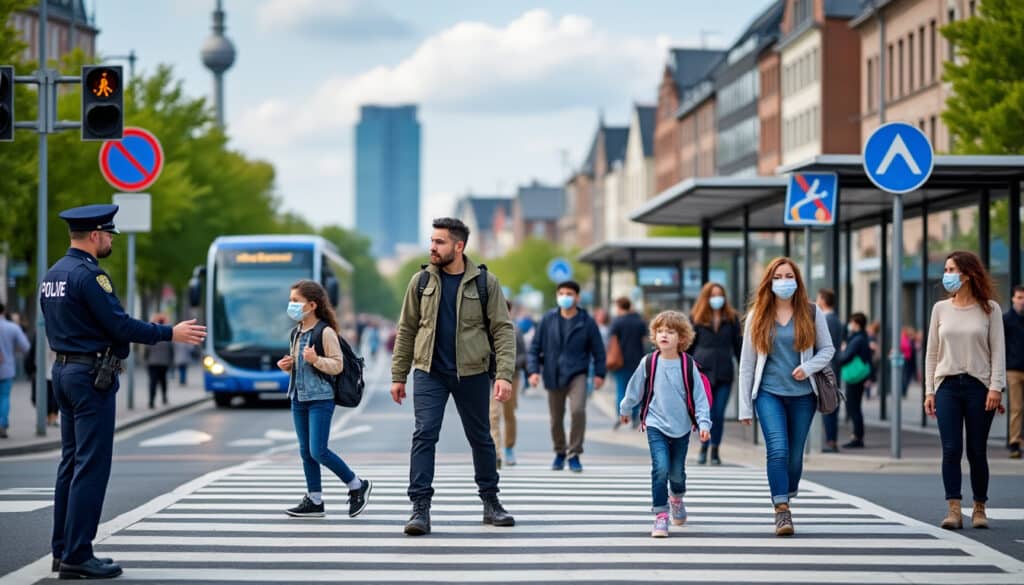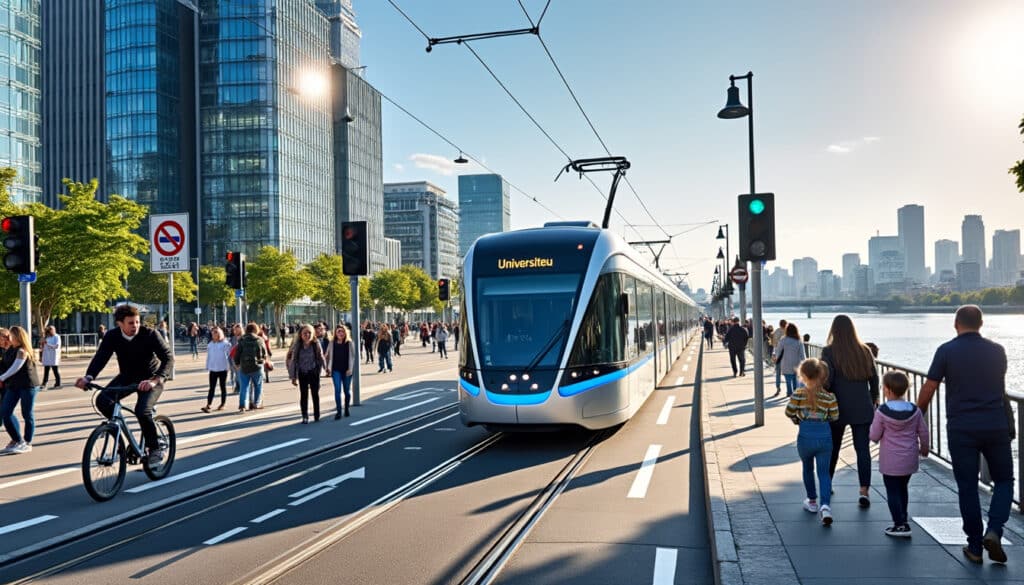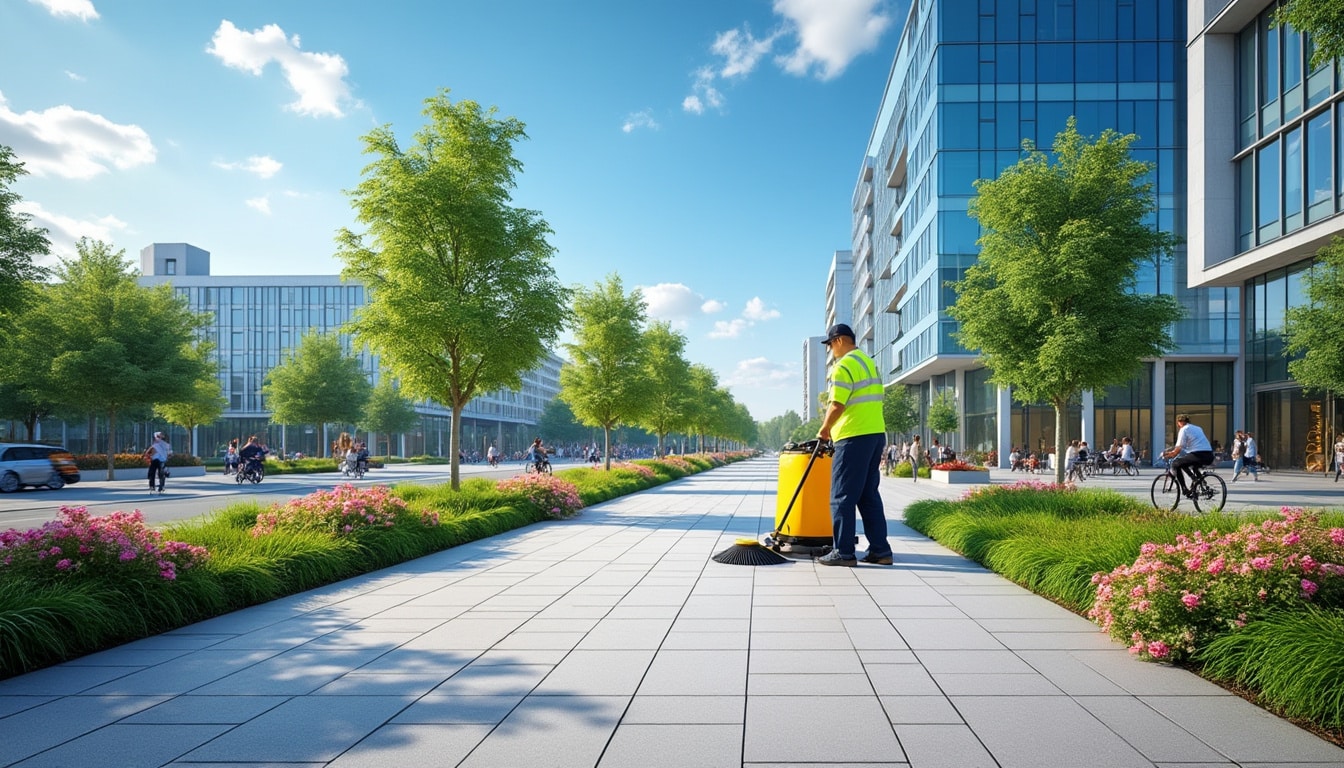Dusseldorf, a vibrant city on the banks of the Rhine, is a testament to German efficiency and cleanliness. Famous for its striking modern architecture and rich cultural heritage, the city embodies quality in every sense, including its rigorous standards of cleanliness and hygiene. As more travelers and residents turn their focus toward environmental sustainability and health, Dusseldorf stands as a gleaming example of how a city can prioritize hygiene without compromising on aesthetics. Within this article, we delve into various aspects of cleanliness and hygiene in Dusseldorf, exploring everything from public sanitation systems to personal hygiene practices that contribute to maintaining the city’s sparkle.
Innovative Cleaning Services and Practices in Dusseldorf
Dusseldorf is a city that understands the value of maintaining cleanliness and hygiene as both a health measure and an aesthetic priority. The innovation in its cleaning services plays a significant role in achieving this balance. Companies like Dussmann and Klüh have set a benchmark with their state-of-the-art cleaning solutions. Dussmann, for instance, offers environmentally friendly cleaning products and machines that not only maintain the hygiene levels but also protect the materials they clean. The company’s services range from simple household cleaning to complex commercial setups, making cleanliness accessible and efficient.
One standout aspect is the use of digital processes in cleaning operations at places like the Düsseldorf Airport. Klüh has taken the concept of cleanliness a step further by incorporating highly integrated digital processes that ensure a more thorough, economically sustainable, and need-based cleaning approach. This advanced methodology not only keeps large facilities like airports spotless, enhancing the travel experience, but also supports the environment by optimizing resources.
These companies employ cleaning techniques that cater to the preservation of property value while adhering to public health norms. They have introduced practices like the use of eco-friendly disinfectants and regular hygiene checks. Another fascinating development is the integration of innovative technology that tracks cleanliness levels in real time, ensuring quick responses to any hygiene-related concerns.
Furthermore, the city’s adaptive approach is evident in its cleaning services being tailored to various sectors, including healthcare, hospitality, and education. Each domain has unique cleanliness requirements; for instance, medical facilities in Dusseldorf enforce strict hygiene protocols that include regular disinfection and contamination prevention measures. Hotels and restaurants, on the other hand, focus on both visible cleanliness and invisible, microbiological hygiene, enhancing guest satisfaction and safety.
- 🧹 Environmentally friendly products and machines
- 🚀 Digital tracking of cleanliness
- 🧼 Tailored services by industry
- 💧 Frequent hygiene checks and audits
The innovation extends beyond commercial facilities into residential setups where services are customized to meet the specific needs of residential complexes. This includes the maintenance of common areas like lobbies and corridors, ensuring they remain spotless and welcoming at all times. The advent of such comprehensive cleaning services has led to a broadened scope of hygiene awareness, where hygiene is not just a requirement but a proud characteristic of living in Dusseldorf.
Understanding the Garbage Management System in Dusseldorf
A critical component of maintaining cleanliness in any city is an efficient garbage management system, and Dusseldorf excels in this aspect. The city has implemented a well-organized waste segregation system that empowers residents and businesses alike to contribute to cleanliness and recycling efforts.
The waste management system in Dusseldorf is segregated into several categories, each identified by color-coded bins. The primary categories include:
| Bin Color | Type of Waste | Examples |
|---|---|---|
| 🖤/🟢 Black/Green | Household Waste | Textiles, personal hygiene items, diapers |
| 🟡 Yellow | Plastics | Bottles, packaging materials |
| 🟤 Brown | Organic Waste | Food scraps, garden waste |
| 🔵 Blue | Paper | Cardboard, newspapers |
This structured approach not only aids in recycling but also minimizes landfill waste, thus promoting eco-friendly practices. The municipality encourages residents to deposit waste according to these categories, providing detailed guides and labelings at collection points across the city.
The efficacy of Dusseldorf’s system also lies in regular waste collection schedules and the availability of recycling centers throughout the city. These centers facilitate bulk waste disposal and offer incentives for participating in recycling drives. Moreover, specialized services for hazardous waste ensure that such materials are processed appropriately, maintaining safety and environmental integrity.

To enhance public participation, Dusseldorf’s waste management department organizes events and workshops aimed at educating the public about waste segregation and its benefits. By equipping citizens with the knowledge and resources needed, the city fosters a culture of environmental responsibility that aligns with the broader goal of maintaining a clean and sustainable urban environment.
- ♻️ Color-coded bins for efficient waste segregation
- 🏭 Availability of recycling centers
- 📅 Regular waste collection schedules
- 📚 Public education workshops
The Role of Porter Services in Ensuring Clean and Hygienic Spaces
In a city known for its keen attention to detail, the role of porter services in maintaining Dusseldorf’s cleanliness cannot be overstated. These services provide continuous upkeep, especially in high-traffic areas like corporate offices, retail outlets, and hospitality venues. Unlike traditional cleaning crews that operate predominantly at night, porter services are integrated into the daily routine, ensuring that spaces remain spotless and functional throughout business hours.
Porter services multitask beyond simple cleaning. Their work entails tasks like safety monitoring and on-the-spot maintenance repairs that help prevent long-term damage or hazards. A typical day for a porter might include emptying trash bins, restocking supplies, indoor safety checks, and ensuring areas like restrooms and lobby spaces meet high standards of cleanliness.
This perpetual cleanliness is particularly beneficial in Dusseldorf, where establishments must comply with stringent hygiene regulations. For businesses, these services mean less dependence on nightly cleaning crews, saving costs, and maintaining uninterrupted operations. Moreover, the presence of porters enhances workplace productivity by providing a clean and organized environment conducive to employee focus and innovation.
The diverse skill set of porters includes flexibility in tasks, which allows them to adapt services according to specific organizational needs. Whether it’s preparing venues for a corporate event or ensuring compliance with hygiene norms in educational settings, their presence is invaluable.
- 🧽 Continuous cleaning during business hours
- 🔧 Minor maintenance and repairs
- 🏢 Adaptable to various industry needs
- 👨💼 Enhances workplace productivity
The advantages of porter services are evident in Dusseldorf’s bustling districts, where businesses thrive on maintaining an impeccable environment. They act as guardians of hygiene and cleanliness, ensuring that both clients and staff enjoy a brilliant atmosphere that defines Dusseldorf as a pure and hygienic city.
Public Health and Hygiene Initiatives in Dusseldorf
Dusseldorf’s commitment to cleanliness extends beyond aesthetics; it is deeply rooted in public health and hygiene initiatives. The city has implemented a series of regulations aimed at protecting its citizens and promoting wellness. Precautions and measures within public and private establishments are a testament to Dusseldorf’s dedication to ensuring hygienic living conditions.
One of the pivotal elements of the hygiene initiatives is the collaborative approach between local health departments and establishments. This partnership ensures that a high standard of cleanliness is maintained across the board, encompassing public buildings, medical institutions, and educational facilities. The adherence to the Infection Protection Act is one example of how legal frameworks support health-centric environments.
In the hospitality sector, for instance, properties like the Hyatt Regency Dusseldorf have received the prestigious GBAC STAR accreditation, which affirms stringent cleaning standards and safety measures. Such accreditations assure guests that their health and safety are prioritized, fostering trust and confidence in the hospitality industry.
Moreover, the city has actively engaged in awareness campaigns and public health messaging to inform and educate residents about the importance of personal hygiene practices. These initiatives include workshops on topics ranging from effective handwashing techniques to best practices in food safety.
Workshops are often complemented by targeted interventions in schools, where students are taught the significance of maintaining personal hygiene and its impact on overall health and community well-being. By instilling these values from an early age, Dusseldorf is nurturing a generation that views cleanliness as an integral aspect of daily life.
- 🏥 Collaboration between health departments and establishments
- 🛎️ Accreditation of hygiene standards
- 🎓 Public awareness and education programs
- 🧑⚕️ Legal frameworks like the Infection Protection Act
The benefits of these comprehensive public health initiatives are reflected in the high satisfaction ratings from both residents and visitors who appreciate the heightened focus on safety, cleanliness, and hygiene. As Dusseldorf continues to innovate, its practices set an example for cities worldwide aiming for a synchronized approach to cleanliness and public health.
Eco-Friendly and Sustainable Cleanliness Measures in Dusseldorf
In addition to impressive public health standards, Dusseldorf is leading the way in sustainability, blending eco-friendliness with its cleanliness measures. The city’s strategies include the use of green technologies and sustainable practices that minimize environmental footprint while maintaining high hygiene standards.
Dusseldorf’s sustainability initiatives encompass everything from the use of eco-friendly products to the implementation of energy-efficient cleaning machines. Companies like Eco Hygiene Dusseldorf are pioneers, offering cleaning solutions that are both effective and gentle on the planet. Their products are formulated to reduce harsh chemical residues, thereby protecting both users and the environment.
The city’s commitment to sustainable development is also evident in the integration of renewable energy sources within public services and infrastructure. Solar panels and energy-efficient lighting are staples in both private and municipal buildings, further contributing to reducing carbon emissions.
Community engagement plays a pivotal role in reinforcing these sustainable practices. The city holds regular clean-up drives and green initiatives that encourage citizen participation. These not only help in maintaining Dusseldorf’s sparkle but also promote civic responsibility and environmental awareness among its inhabitants.
Furthermore, Dusseldorf incentivizes businesses to adopt sustainable practices by offering grants and recognitions for those achieving set green standards. Such initiatives push the boundaries of conventional cleanliness, making eco-friendly solutions an essential aspect of the city’s identity.
- 🌿 Use of eco-friendly cleaning products
- 🔆 Integration of renewable energy
- 🟢 Community involvement in green initiatives
- 🏆 Incentives for sustainable business practices
As Dusseldorf continues to shine with its commitment to hygiene and sustainability, it sets a benchmark not only for German cities but internationally as well. The seamless blend of eco-consciousness with effective hygiene strategies ensures that Dusseldorf remains a beacon of health, cleanliness, and environmental stewardship.
FAQ
What are the key components of Dusseldorf’s waste management system?
Dusseldorf’s waste management involves a color-coded bin system for segregated waste collection, regular waste pick-up schedules, recycling centers, and public education initiatives to promote recycling and reduce landfill waste.
How do porter services contribute to maintaining hygiene in Dusseldorf?
Porter services ensure constant cleanliness during business hours by managing high-traffic areas, conducting minor maintenance, and enhancing workplace productivity, thus offering seamless operational continuity.
What public health measures does Dusseldorf implement?
The city enforces collaborative regulations with health departments, legal hygiene frameworks like the Infection Protection Act, and public awareness campaigns, ensuring comprehensive public health and hygiene.
How does Dusseldorf promote sustainable cleaning practices?
Dusseldorf employs eco-friendly cleaning products, uses renewable energy, hosts community-driven clean-up events, and incentivizes businesses that adopt sustainable practices, promoting a cleaner and greener city.
What role does innovation play in Dusseldorf’s cleanliness efforts?
Innovation is pivotal, with companies like Dussmann and Klüh leading with advanced digital cleaning methods and eco-friendly solutions, enhancing efficiency and sustainability in hygiene management across the city.

Welcome to Düsseldorf, the vibrant heart of western Germany, where history mingles with modernity. Despite being one of Germany’s safest cities, it’s important to stay informed about local safety practices. In this guide, discover strategic safety tips to ensure a…

Nestled on the scenic banks of the Rhine River, Düsseldorf is a vibrant city teeming with culture, history, and modernity. As with any bustling metropolis, understanding the city’s safety landscape is paramount for both visitors and locals. Whether it’s navigating…

Pickpocketing and theft in Dusseldorf
Düsseldorf, a stylish metropolis renowned for its vibrant arts scene and sophisticated architecture, has been drawing tourists and new residents alike. However, amidst its picturesque views and bustling streets, concerns about pickpocketing and petty theft are ever-present. In this article,…

Protests and social unrest in Dusseldorf
In recent years, Düsseldorf has become a focal point for protests and social unrest in Germany. This vibrant city has witnessed numerous demonstrations that highlight pressing concerns, from rising energy costs to the surge in populist movements. These protests reflect…

Safety in Dusseldorf for travelers from different countries
Traveling is an exciting experience, but when visiting a new city, concerns about safety often spring to mind. Düsseldorf, a major cultural and economic hub in western Germany, is no exception. Despite its bustling activity, this city is renowned for…

Transport safety in Dusseldorf
When considering a visit to Düsseldorf, a vibrant city known for its rich culture and bustling life, transport safety is often a top concern for travelers. As a central hub in Germany’s extensive transport network, Düsseldorf offers a myriad of…

